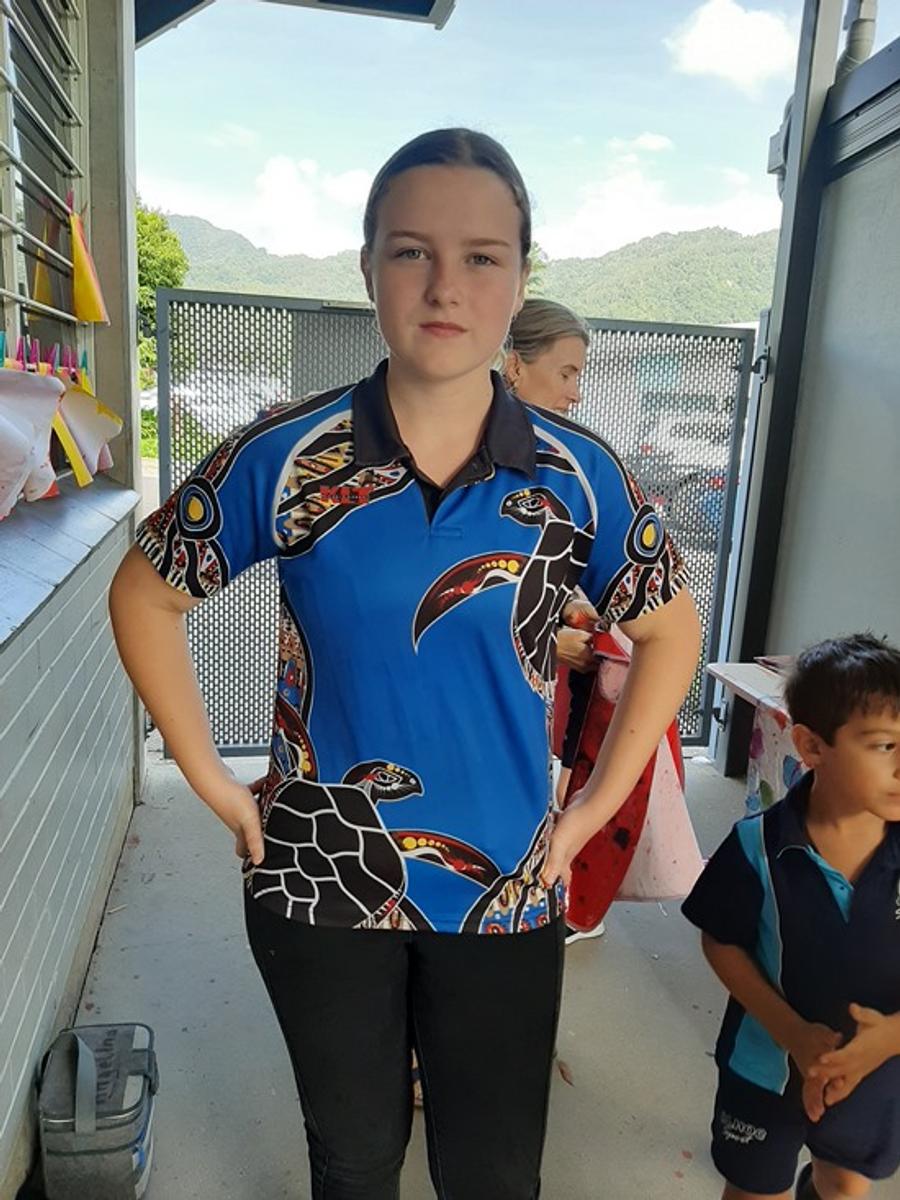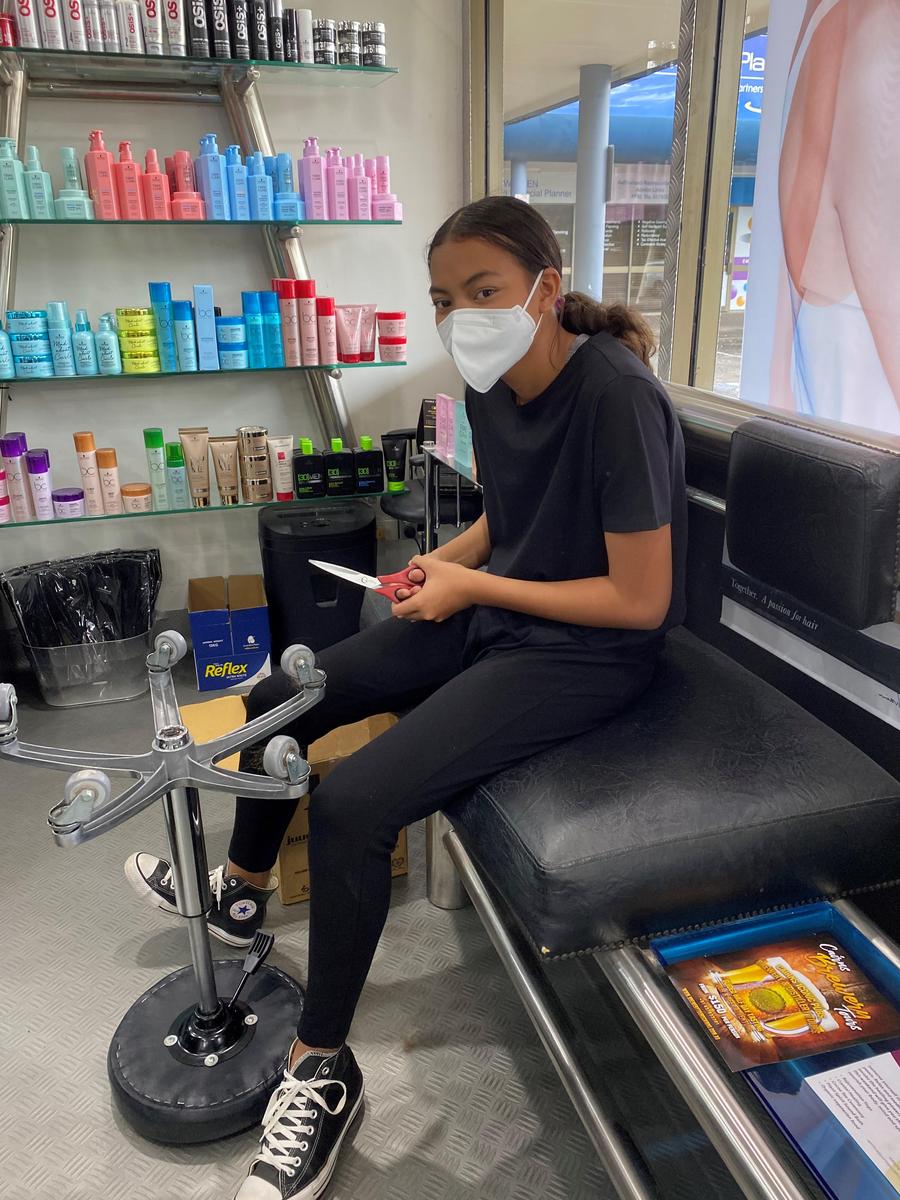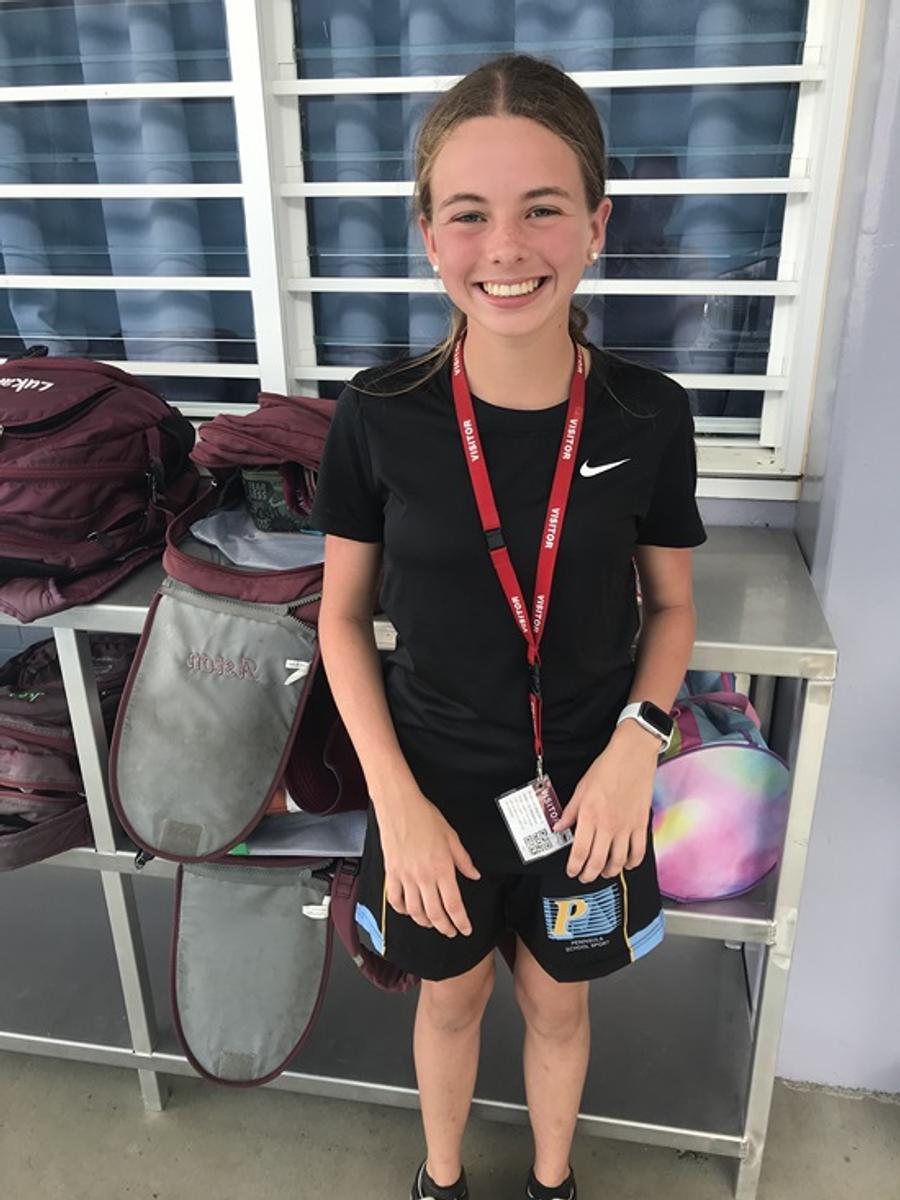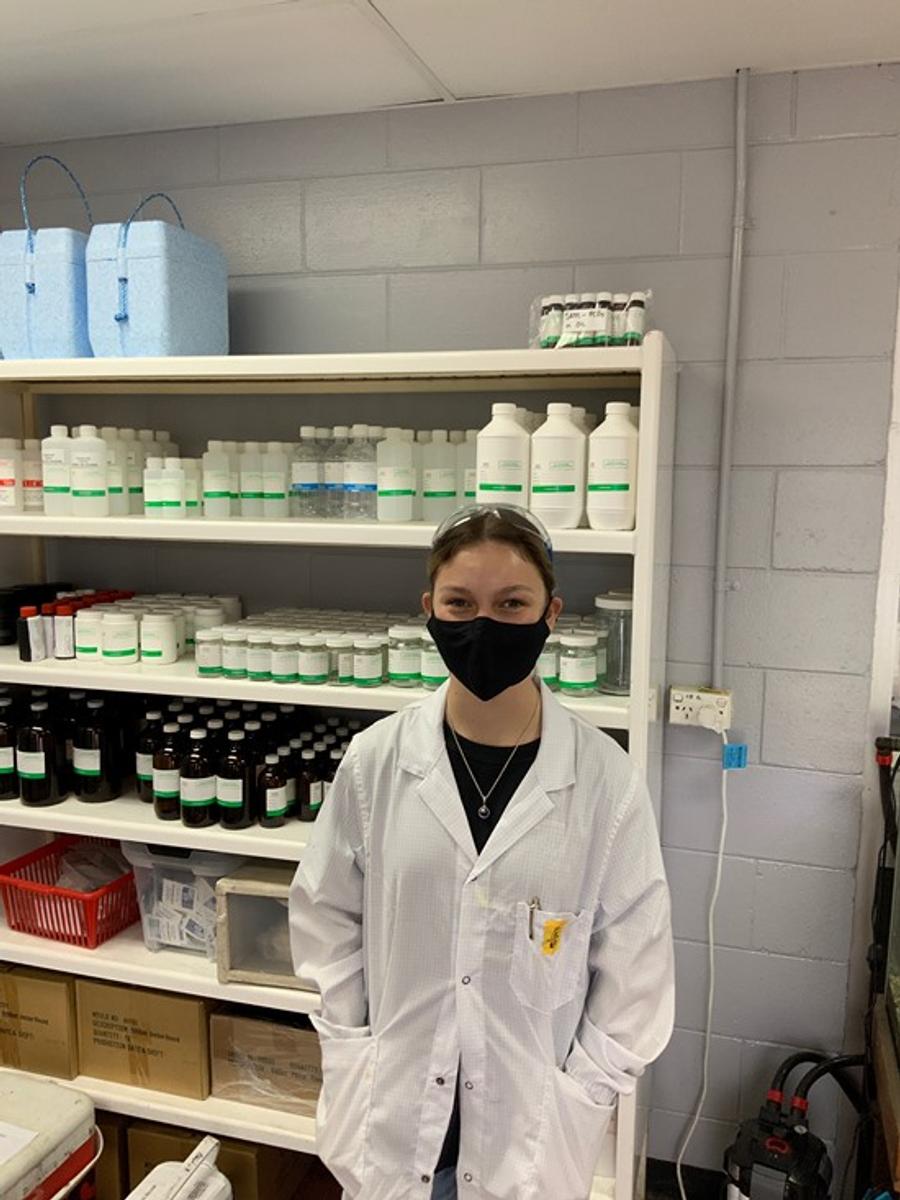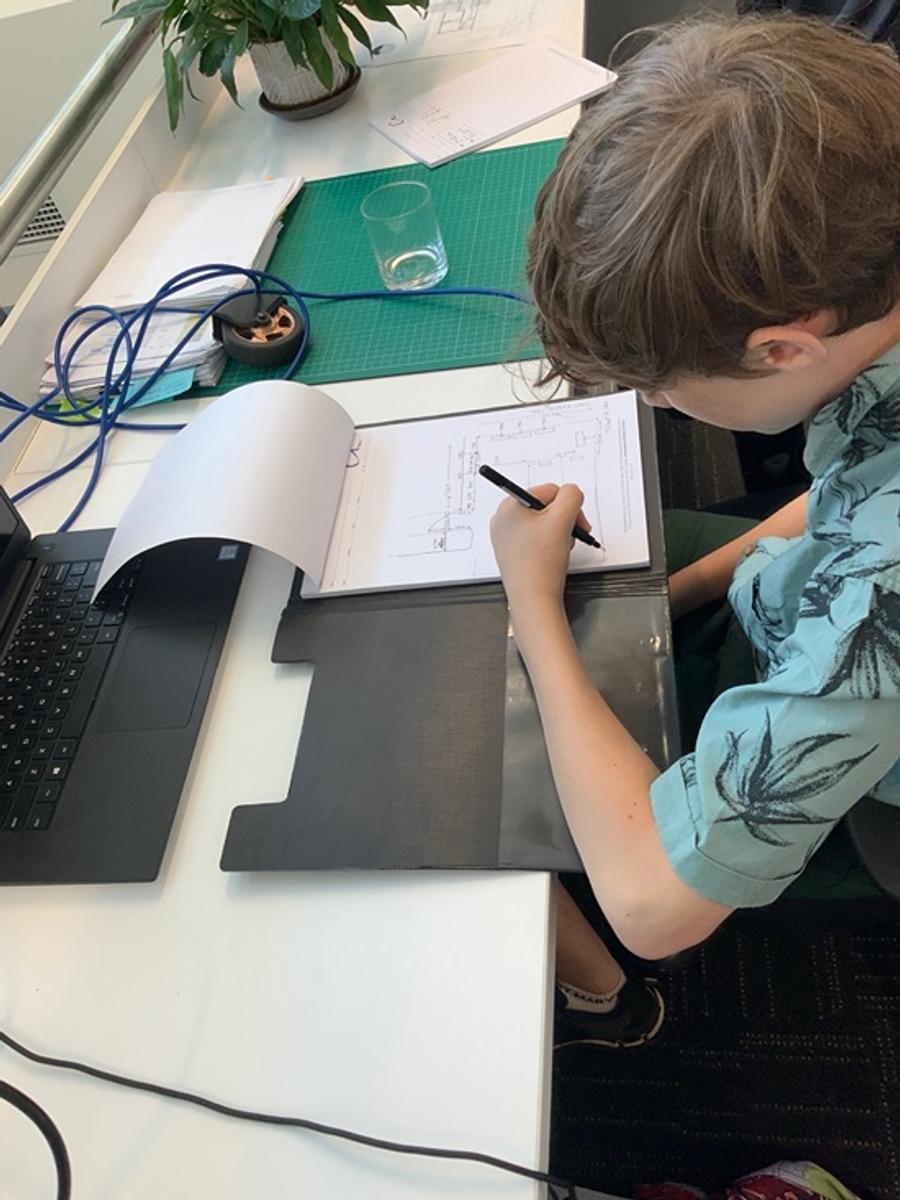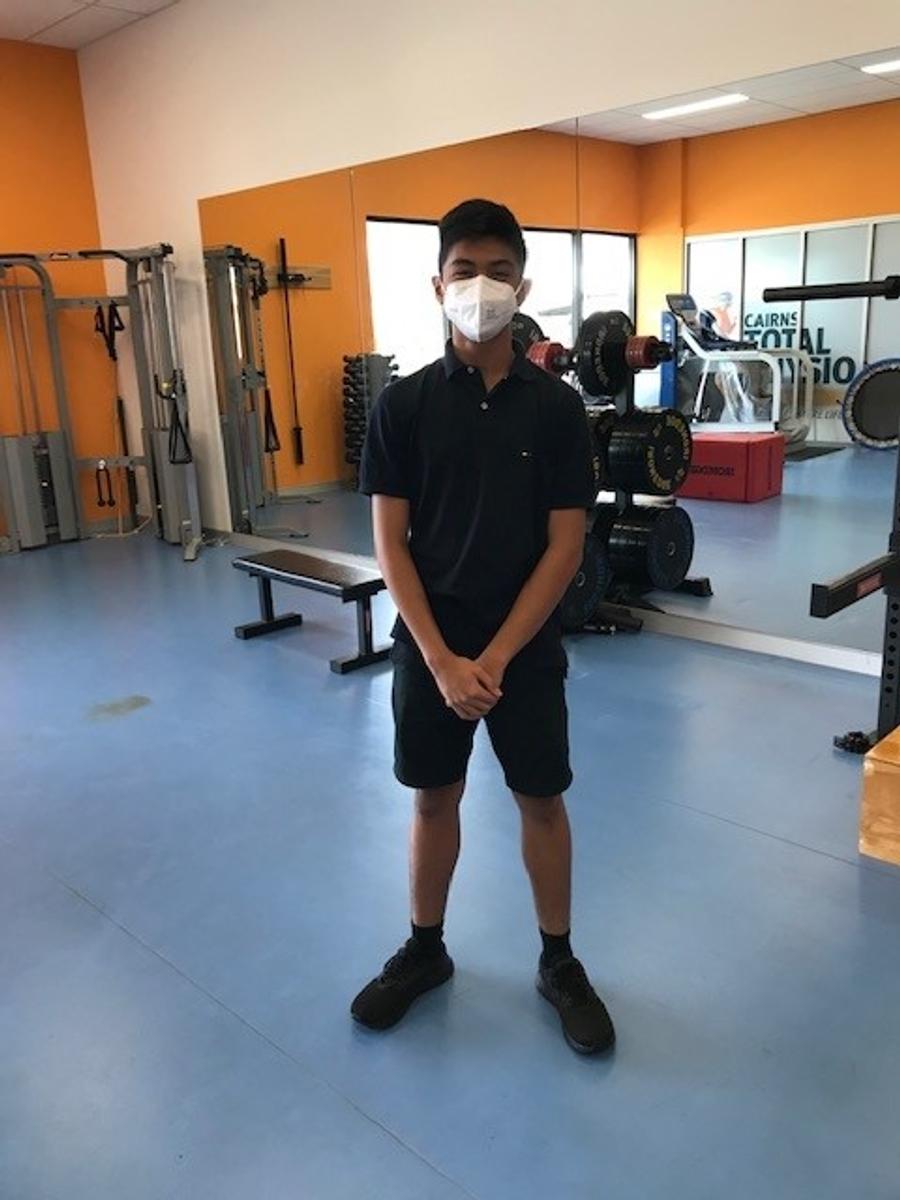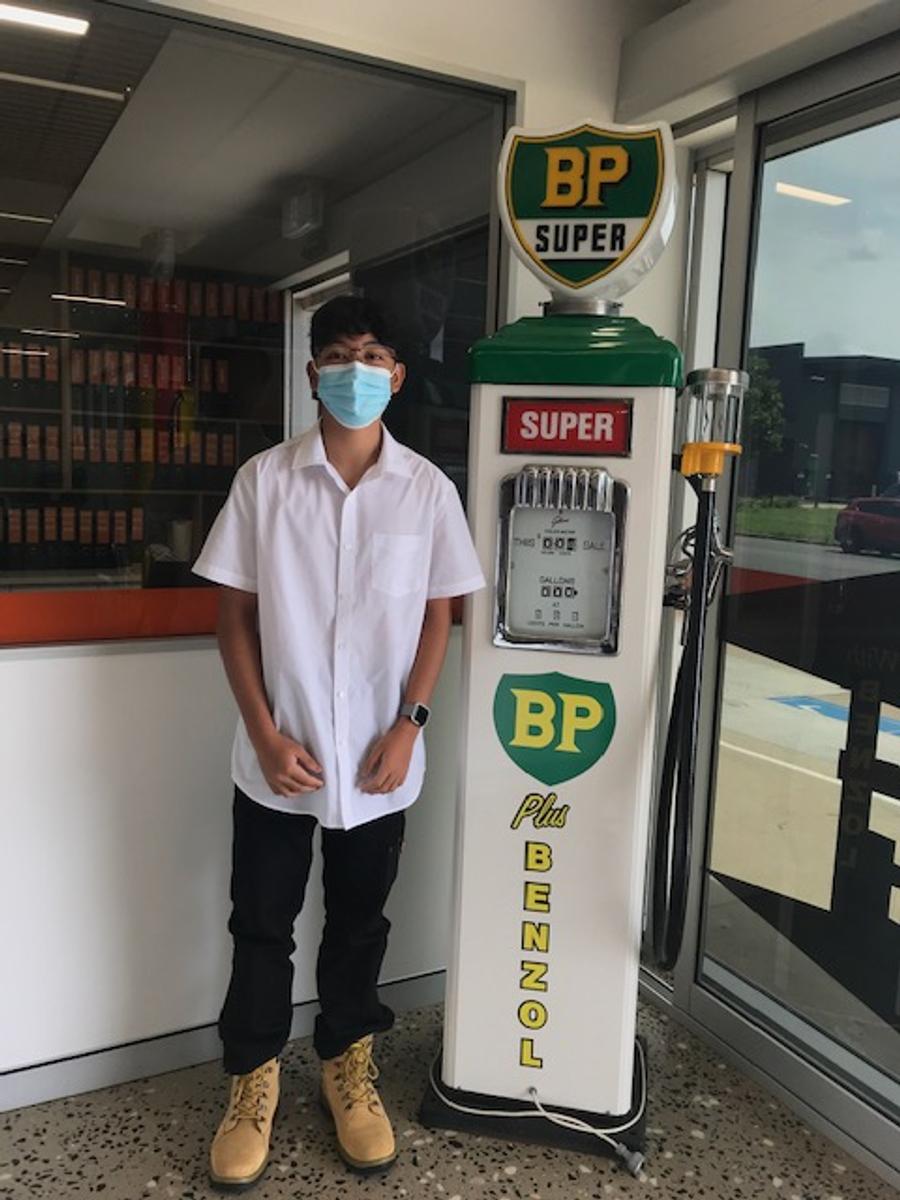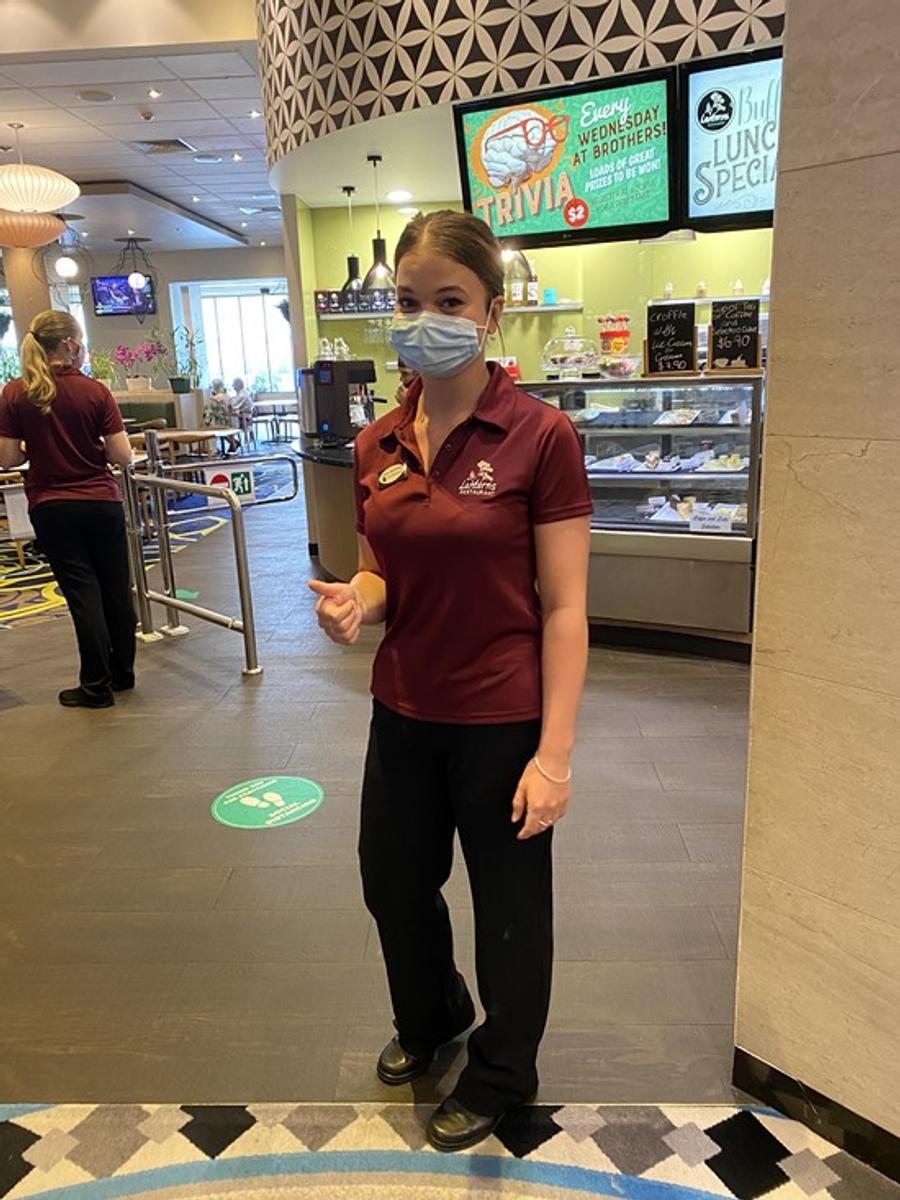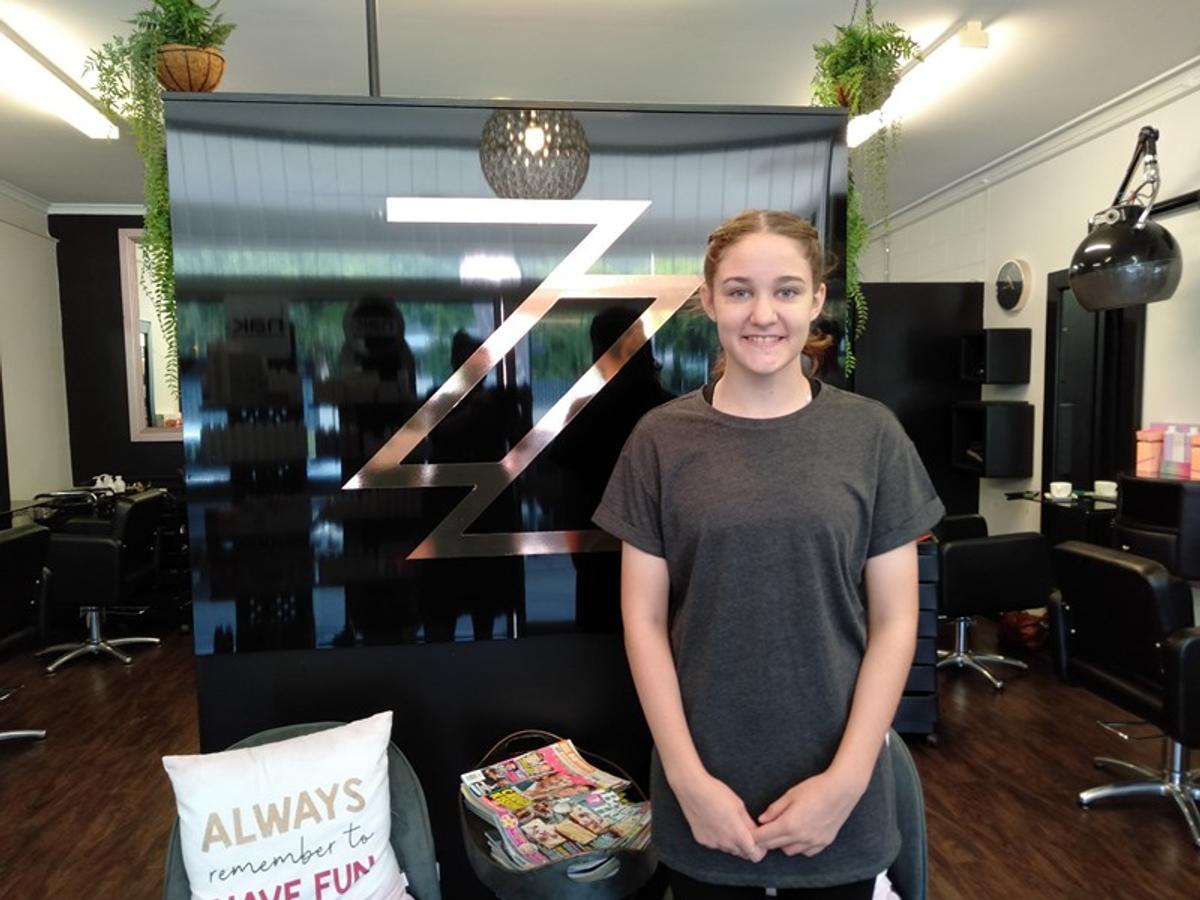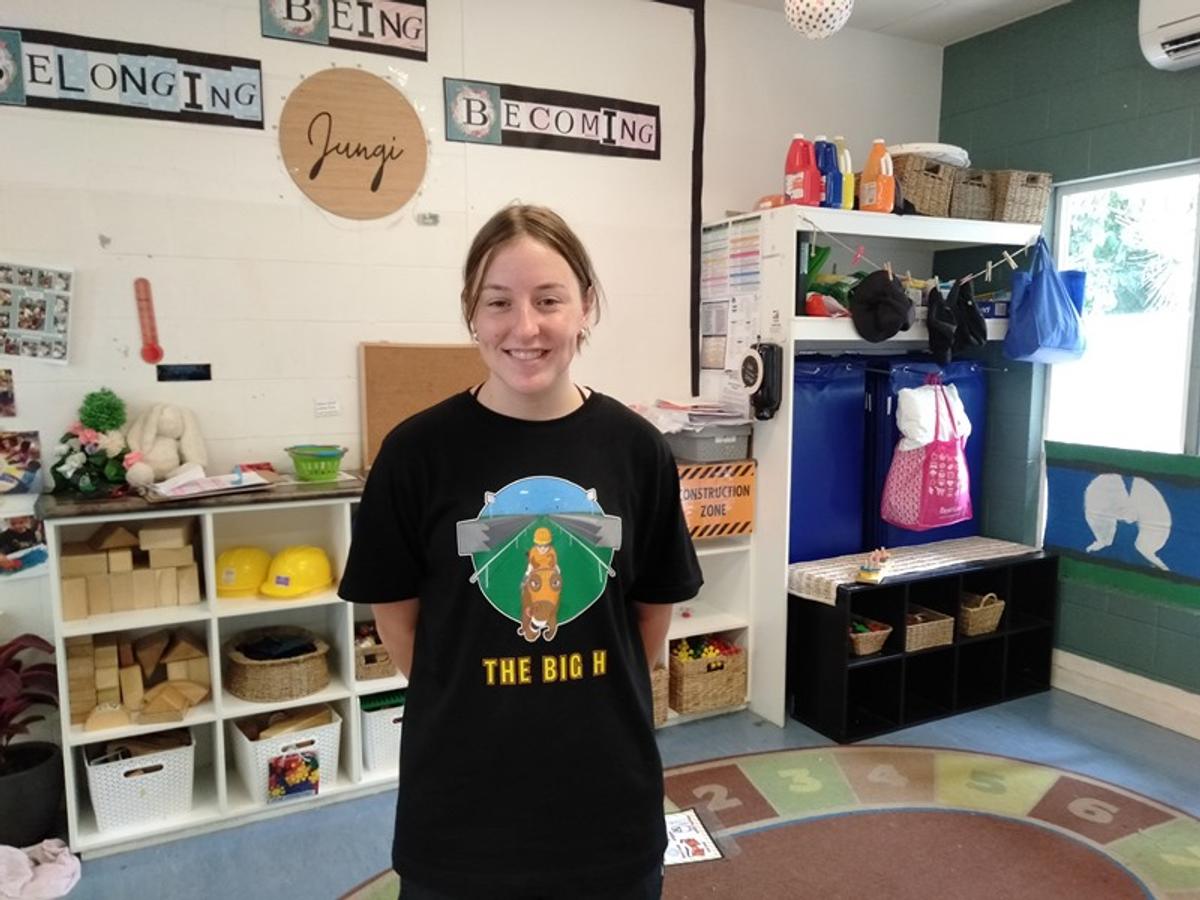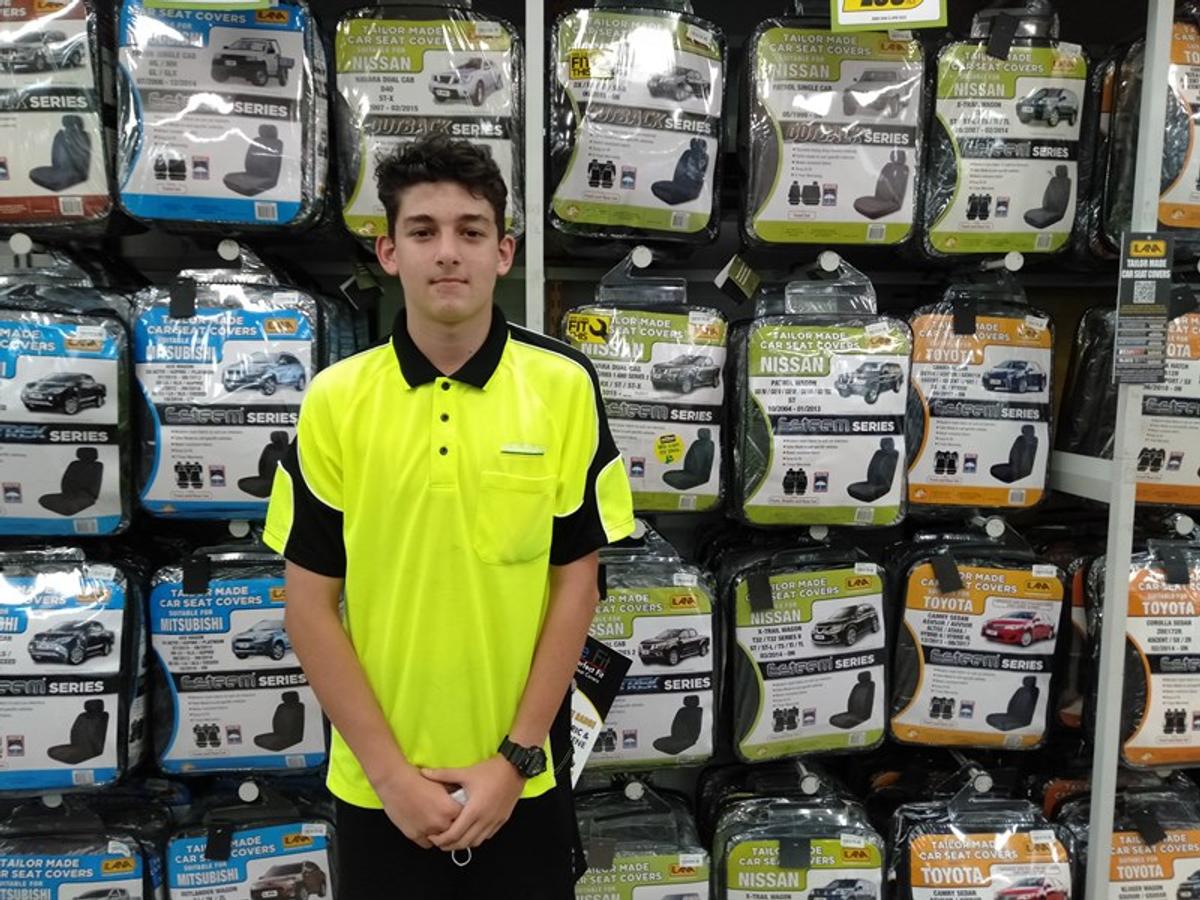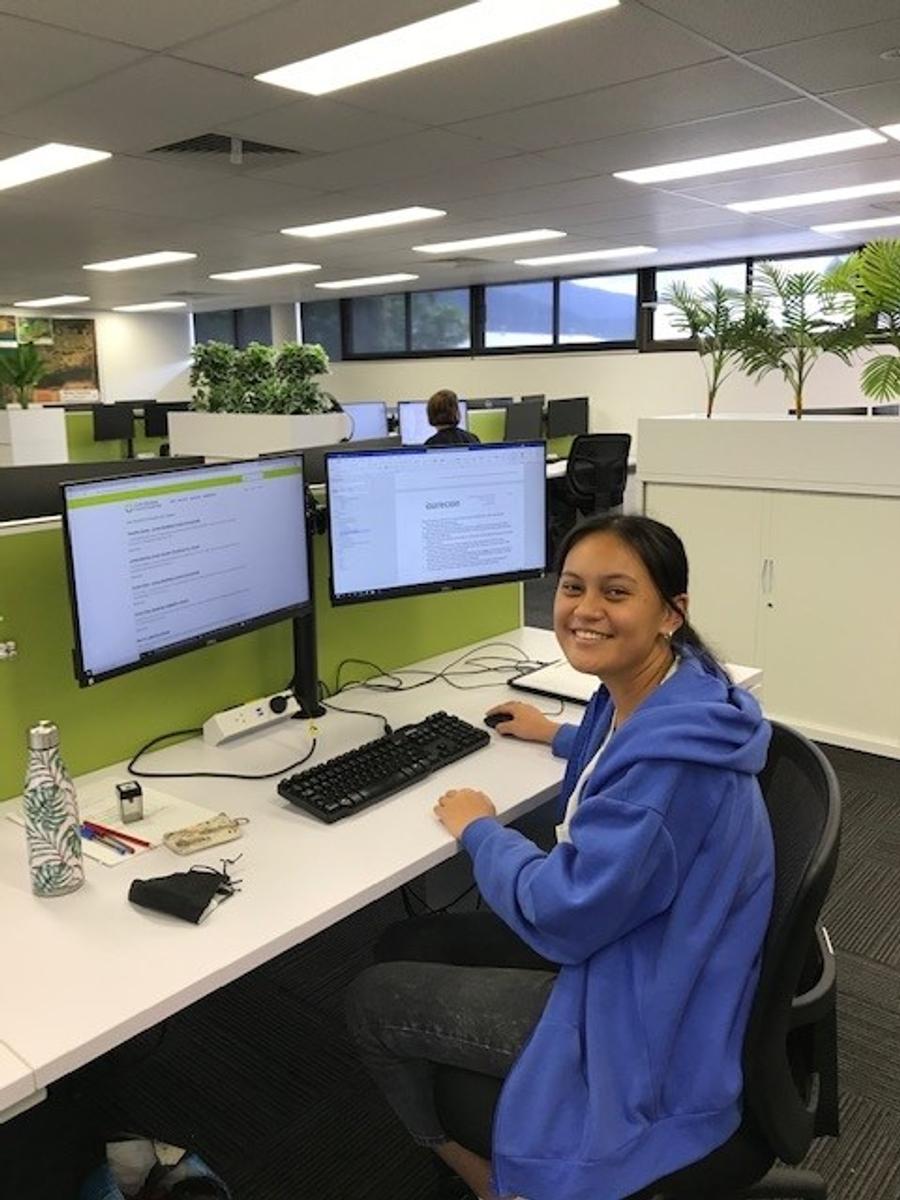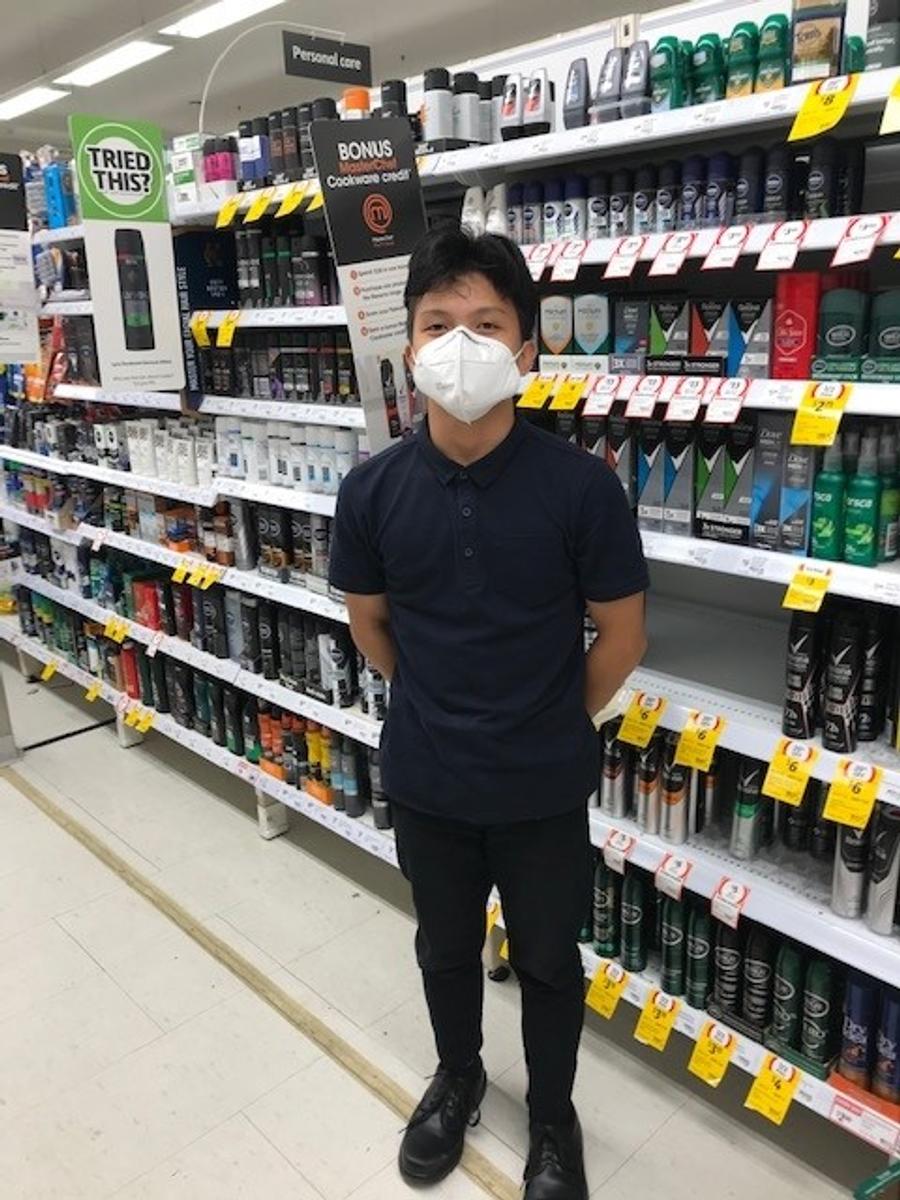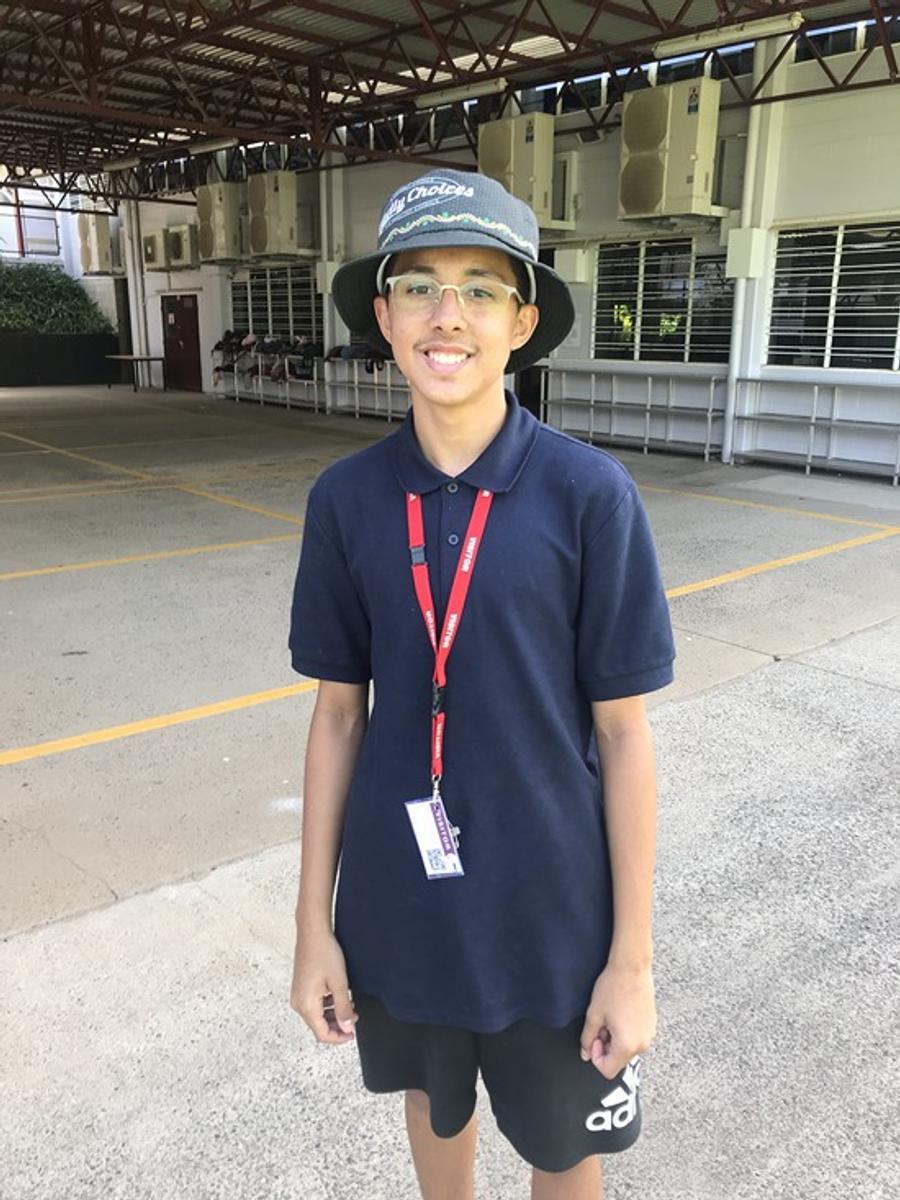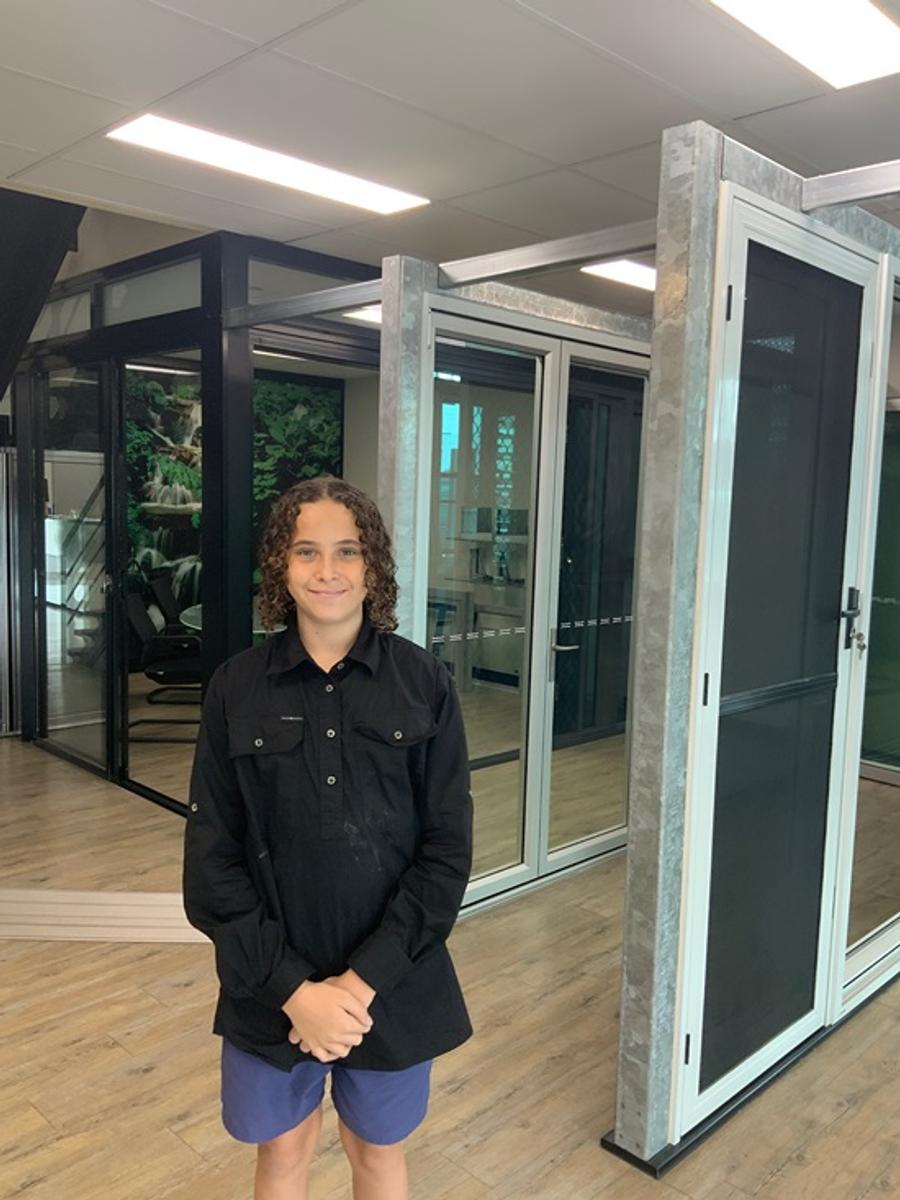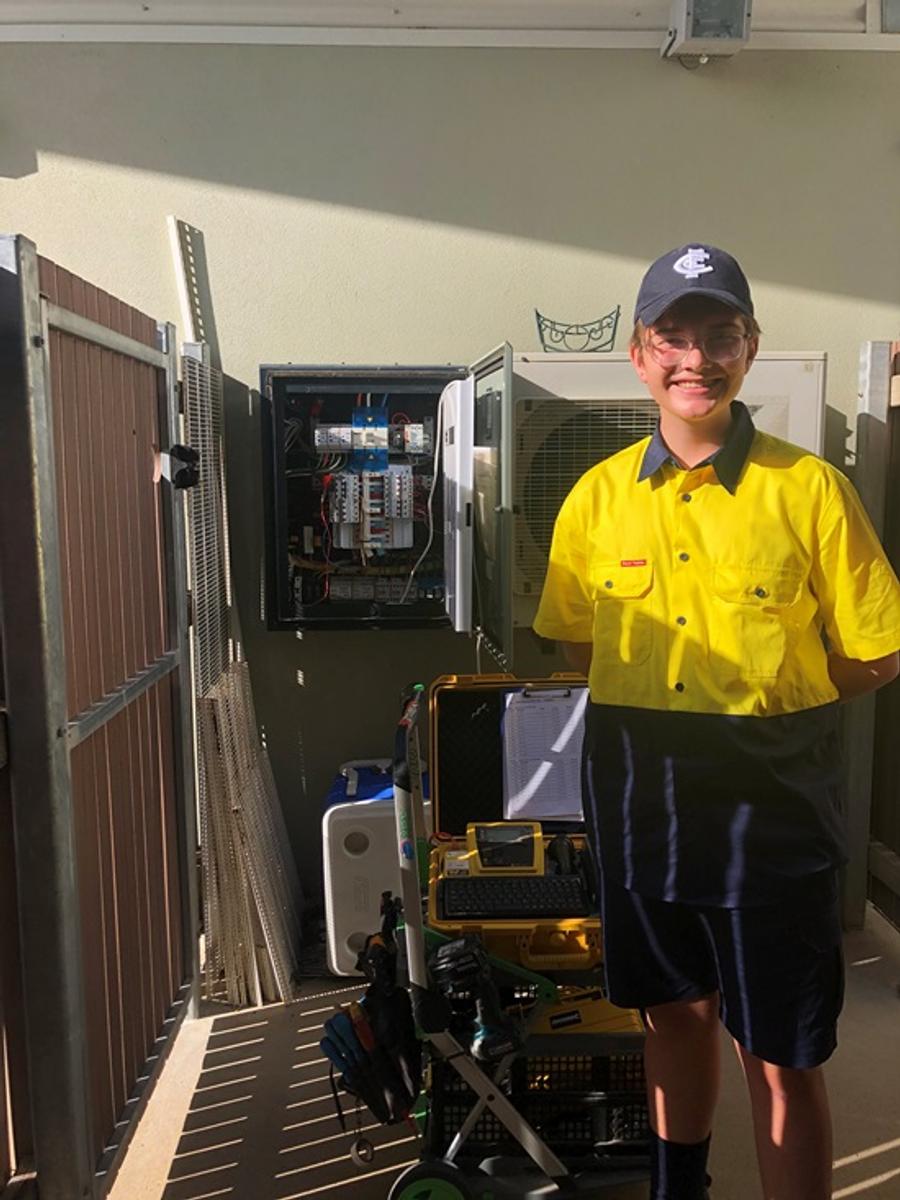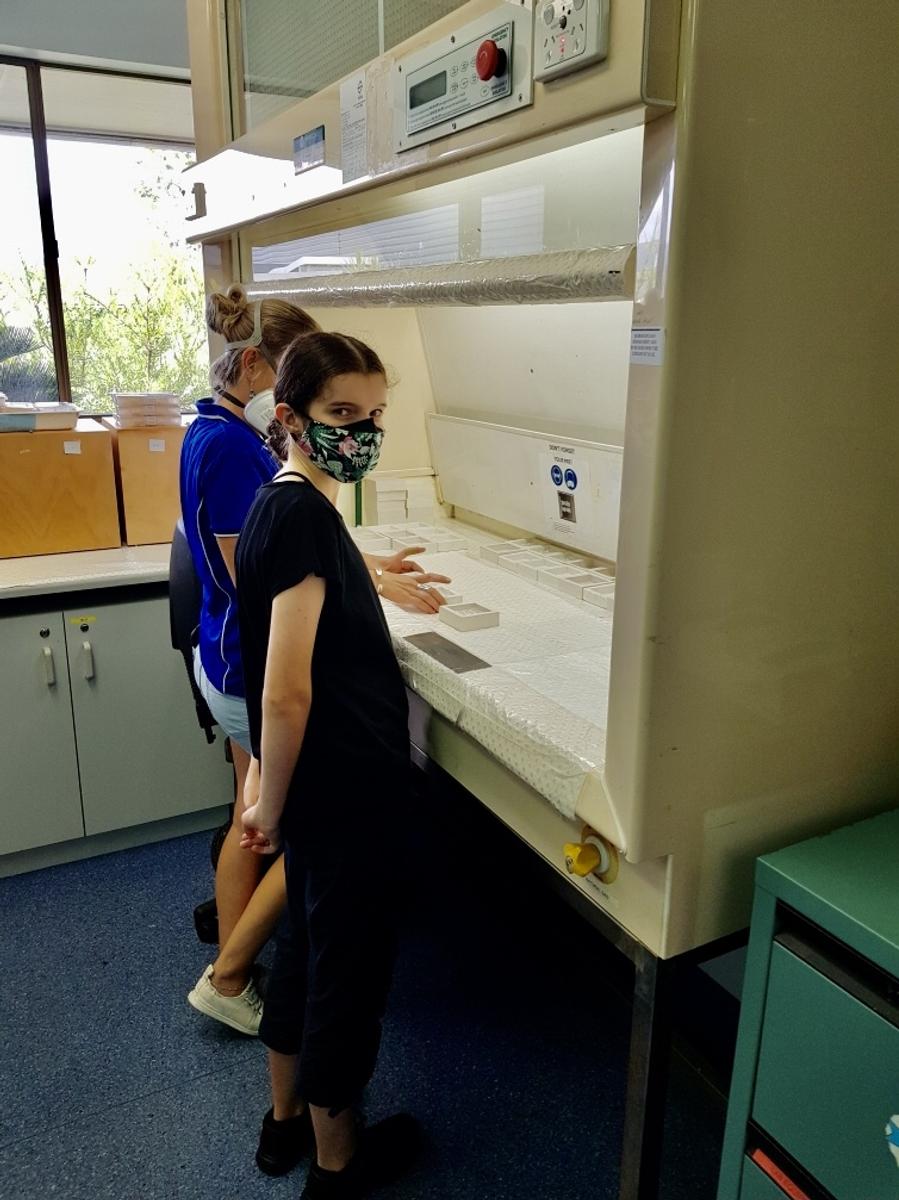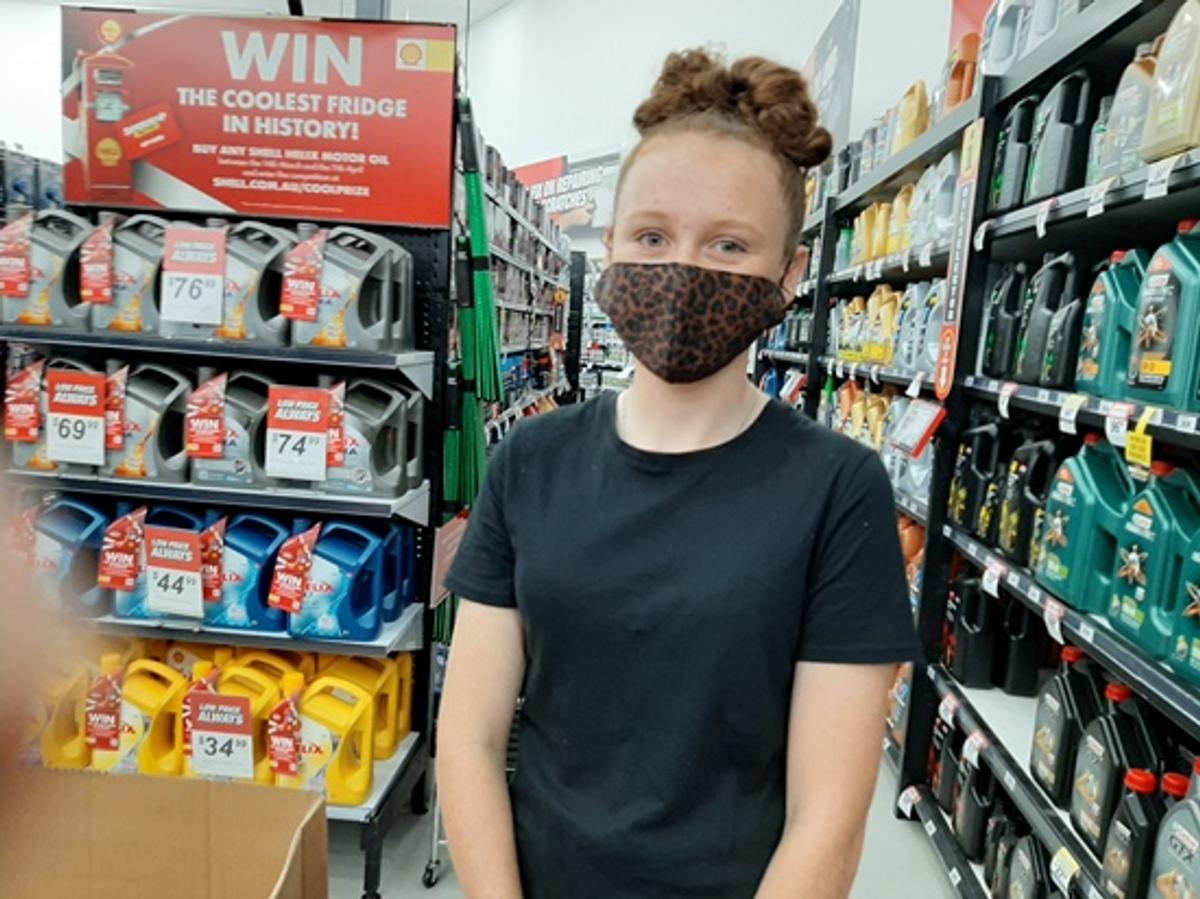Careers News

Rebecca Ambrose
Careers Counsellor | Teacher
This week we have had our Year 10 Work Experience week program. Work Experience placements are still a challenge with Covid; Tourism and hospitality, once our mainstays, are now difficult to arrange. Many industries and businesses are unable to participate in our program due to staffing, workplace health and safety issues and closures. Some students were not able to get their first or second preference however went along with a terrific attitude and made the most out of the week. We are so grateful for those businesses who could welcome our enthusiastic students for the 4 days. VPG has assisted in the placement of most of our students and we thank and acknowledge their efforts. We also thank the families for assisting in the running of the program. We know families have had to make sacrifices this week to ensure their child could attend the workplace at the required times – any change in routine is difficult and we appreciate your efforts. The overwhelming response from students is that the week is a valuable experience and one they learn from. Unfortunately, there were a few cancellations due to Covid. The feedback from the week has been overwhelmingly positive from the employer, families and students. We thank the students for their positive attitude and the work ethic displayed throughout the week. I also thank staff who assisted with the visits to each workplace – we could not run the program without the support of College staff helping with visits.
AVIATION AUSTRALIA PRE-APPRENTICESHIP COURSES
Aviation Australia's aero skills pre-vocational courses provide essential training required to begin a career in aircraft maintenance engineering. Their instructors are highly experienced professionals from Commercial and Defense aviation and aerospace industries. Aviation Australia holds funding approval with the Queensland Government for pre-vocational training in the below qualifications:
- Certificate IV in Aeroskills (Avionics) MEA40618
- Certificate IV in Aeroskills (Mechanical) MEA40718
- Certificate IV in Aeroskills (Structures) MEA41318
The course is designed so graduating students will leave apprenticeship ready. They deliver the essential pre-apprenticeship, underpinning vocational theory training towards the listed Certificate IV qualifications. This gives students the basic skills and knowledge to move directly into an apprenticeship/traineeship to continue on their pathway to becoming an Aircraft Maintenance Engineer (AME) or Licenced Aircraft Maintenance Engineer (LAME). Contact them for more information.
QUICK FACTS ABOUT APPRENTICESHIPS AND TRAINEESHIPS
- Apprenticeships and traineeships combine work with structured training
- Apprenticeships and traineeships can be full-time, part-time, or school-based - where some training is undertaken while the apprentice or trainee is in high school.
- Apprenticeships and traineeships can be completed part time but not on a casual basis.
- Existing employees may undertake an apprenticeship or traineeship.
- Apprenticeships and traineeships require employers to enter into a training contract with the apprentice or trainee, which is a legally binding agreement to work and train together for a length of time.
- Employers work with a training organisation and the apprentice or trainee to negotiate a training plan.
- Training options must be negotiated and outlined in the training plan. Aspects of training that are open to negotiation (subject to training package requirements) include selection, content and sequencing of competency units, timing, location and mode of delivery and trainer or facilitator.
Visit the Department of Employment, Small Business and Training website for more information.
SCHOOL-BASED APPRENTICESHIPS AND TRAINEESHIPS IN A NUTSHELL
School-based apprenticeships and traineeships (SATs) allow high school students, generally in Years 10, 11 or 12, to work for an employer and train towards a recognised qualification while completing their secondary schooling and studying for their Queensland Certificate of Education (QCE) and/or ATAR. SATs help young people go places, whether that's a full-time job, a trade career, university, TAFE or other training. Read about the advantages of school-based apprenticeships and traineeships including:
- More flexibility and variety
- Head start in a career
- Nationally recoginsed qualification
- An opportunity to learn and earn
- Contributing to the community
- Employer satisfaction
- How SAT's work
- What happens when you leave school
VET STUDENT OUTCOMES
The National Centre for Vocational Education Research (NCVER) provides data on the outcomes of Australian students who completed their vocational education and training (VET) in Australia in the previous calendar year. The information is derived from the National Student Outcomes Survey, which is an annual survey of those who completed or partially completed VET training. Information is presented on VET students’ reasons for training, their employment outcomes, satisfaction with training and further study outcomes. For survey timings and more information, see their VET statistics explained page.
VIDEOS ABOUT APPRENTICESHIPS AND TRAINEESHIPS
SkillsOne TV has a collection of videos showcasing skills, trades and industries. If you click on ‘Skills Bites’ (scroll down the left-hand menu) you can get a taste of skills and trades in 15 seconds.
UPCOMING DEFENCE FORCE INFORMATION SESSIONS
Stay informed about important upcoming Queensland and National ADF events and information sessions by visiting the Defence Jobs website. View the specific event information link for more details including location, times and to book your ticket/s. Further information about these events and Army Reserve Information Sessions can be accessed on the ADF Facebook site. Note that some of these events are during the Easter holidays
07/04/2021 Cairns: Chat with the Navy Information Session
19/04/2021 Cairns: Trade Careers Information Session
HAVE YOU HEARD OF AERONAUTICAL ENGINEERS, AQUACULTURE FARMERS OR AUDIOLOGISTS
Aeronautical Engineers perform and supervise engineering work concerned with the design, development, manufacture, maintenance and modification of aircraft for flight. They can specialise in Aeronautical Engineering Officer (Navy), Aerospace Engineer, Aerospace Engineer Officer - Aeronautical (Air Force), Aerospace Engineer Officer - Armament (Air Force), Aerospace Engineer Officer - Electronics (Air Force), Avionics Systems Engineer, Weapons Aeronautical Engineering Officer (Navy). You need a bachelor degree in engineering, majoring in aeronautical or aerospace engineering to work as an Aeronautical Engineer. It is also common to complete postgraduate studies.
Aquaculture Farmers plan, organise, control, coordinate and perform farming operations to breed and raise fish and other aquatic stock. They are also known as Marine Farmers and can specialise in Seafood Farmer, Fish Farmer, Hatchery Manager (Fish), Mussel Farmer, Oyster Farmer. You can work as an Aquaculture Farmer without formal qualifications, however, a formal qualification in aquaculture or marine science may be useful.
Audiologists provide diagnostic assessment and rehabilitative services related to human hearing defects. You need a masters degree in audiology to work as an Audiologist.
JOB QUALIFICATION AND PATHWAYS CHARTS
The Australian Apprenticeships Pathways website contains information regarding Job Pathways Charts which show the potential training pathways within specific industries. There are subcategories under each of the industry area identifying qualification pathways for specific jobs. The pathways focus on the VET sector but it's well worth researching your pathway options that also come with many benefits. Click here for a full list as the number of Job Pathways Charts has expanded …
UNI NOT FOR YOU? HOW TO KICKSTART A STEM CAREER WITHOUT A DEGREE
University isn’t for everyone. Fortunately, there are heaps of opportunities to study STEM that don’t involve a degree. We’re talking about vocational education and training – VET. VET qualifications tend to be more hands-on than university degrees, so you get a lot of practice learning the skills required before entering the workforce. Click here to read more about STEM jobs in the VET sector including jobs in the Health, Tech, Science, Engineering and Finance sectors.
JOB ACCESS: CRRS HELPING THE DES - CONNECTION
The Australian Government’s Disability Employment Services (or DES) has supported people with disability to join the workforce. Support can include career advice, employment preparation, resume development and job search, training and ongoing support at work. Click here for further information including:
- Financial support
- Disability Employment Services
- Finding or changing jobs
- Your workplace
- Training and development
- Current vacancies
- National Disability Insurance Scheme
6 SECTORS PRESENTING EMERGING OCCUPATIONS
There are many new and emerging jobs and industries in Australia that didn't exist in their current form a few years ago. Early identification of these new opportunities is important to ensure that educational and training programs are preparing our workforce with the knowledge, skills and abilities needed to fulfil these jobs in the future. Read the myfuture article that highlights the following emerging jobs:
- Digital marketing
- Cyber security
- Healthcare
- Retail
- Manufacturing
- Information technology
BUILDING A POSITIVE DIGITAL FOOTPRINT
What is a digital footprint? Your digital footprint is any information you leave about yourself online, from comments on social media, pictures and posts to app use, emails and the websites you visit. It’s important to be aware of the online trail you leave. In today’s world, your digital footprint matters. Click here to find out more about how to build a positive digital footprint including:
- Set your privacy settings
- Consider your future
- Posting positively online
- Think before you post
SO WHAT'S THE DIFFERENCE BETWEEN AN OCCUPATION AND AN INDUSTRY?
Your ‘occupation’ is what you do. Your ‘industry’ is who you do it for. An ‘occupation’ is the type of work a person does, while ‘industry’ is the name we give to the goods or services that a company or employer mainly produces. Every industry employs people from a whole range of different occupations. For example, the Education and Training industry employs a lot of teachers, but the industry also needs gardeners to keep school grounds tidy, bookkeepers to manage the accounts and workers in a whole host of other occupations to keep things moving smoothly. Click here for more information.
CAREER TRACKERS INDIGENOUS INTERNSHIP PROGRAM
Career Trackers is a national non-profit organisation with the goal of creating pathways and support systems for Indigenous young adults. They link Aboriginal and Torres Strait Islander students from Year 12 and throughout university with employers related to their aspirations for paid, multi-year internships. They provide world-class training throughout your academic career and will connect you with a global network of like-minded Indigenous professionals. Throughout your academic journey, a dedicated advisor will help you define your future and work with you to achieve your goals. Click here to read more and find out reasons why you should join Career Trackers.
INDIGENOUS EMPLOYMENT AUSTRALIA
Indigenous Employment Australia is a website for jobseekers and employers. Job seekers can access job seeking resources, submit your resume or work in community information. You can also search for job vacancies posted by employers who want to hear from Indigenous job seekers in your location and field of interest or you can browse featured jobs. The goal is to deliver better information to Aboriginal and Torres Strait Islander job seekers, businesses and communities.
SOME TIPS FOR SUCCESS IN MEDIA INDUSTRY
Spencer Howson has put together twelve tips he suggests that may assist you in finding jobs in the media:
- Don't wait - do it now
- It's all about skills, getting and building on them
- Put your hand up for the opportunity of gaining experience
- Be capable- work hard and think through problems and issues
- Be reliable
- Be likeable - get along with people (you don't need to be their first best friend or anything!)
- Consider further study
- Go regional - there are shortages of radio presenters in regional areas
- Keep an eye on new delivery systems - streaming and podcasting
- Not all media jobs are in the 'media'
- Not all media jobs are public facing jobs so look around for opportunities
- Be positive and open minded at all times!
Although these tips are for the media industry, they can be adapted to other industries you may be interested in finding a job in.
UNDERSTANDING THE JOBS MARKET
The Labour Market Information Portal has a section that looks at how best to understand the jobs market. Explore employment data for more than 80 regions and across 19 industries. Find:
- Interactive maps, industry and occupation data at the Labour Market Information Portal Mapping channel
- Employment trends at the Industry Informational channel
- Job vacancy data at the Vacancy Report
- Information about workforce shortages in skilled occupations
- View future job projections for the next 5 years at Employment projections
- Go to Employers' recruitment insights to know what employers are looking when they recruit, and how they find workers
ARE YOU MEETING COURSE PREREQUISITES
Click here to see the tertiary prerequisite information by institution including details on prerequisites, assumed knowledge and recommended study for 2022 tertiary entry. You will also be able to find the Year 10 My Path - 2023 which has the relevant prerequisites for tertiary entry in 2023. Check out these prerequisites to be sure that the subjects you are studying, or plan to study, will meet prerequisites for the course/s of your choice at the end of Year 12.
AUSTRALIAN TERTIARY ADMISSIONS RANK (ATAR)
All states in Australia call their Year 12 tertiary entry score an Australian Tertiary Admissions Rank (ATAR). The ATAR is a number between 0 and 99.95 (highest) with increments of 0.05. The Queensland Curriculum and Assessment Authority (QCAA) provides all Tertiary Entrance data to QTAC who then calculates individual ATARs. If you are applying for interstate courses, the relevant tertiary admissions centre can obtain your ATAR directly from QTAC. You can learn more about ATARs and how to obtain an ATAR statement at the QTAC website (QTAC will update this page later in the year).
FREE APP TO HELP YOU MANAGE THE STRESS OF YEARS 11 AND 12
Senior studies can be stressful especially around exam time and assignment due dates. Having stress management strategies to call on when needed is essential, not just for this year but also for your future success and happiness in studies and living. The Smiling Mind app is a tool that could get you started on learning and implemeting useful strategies. This app is free for use online or as a smartphone app. It is a modern meditation program that guides the user through a series of exercises. Visit the Smiling Mind website for more information.
STUDY SKILLS CHECKLIST
We all learn differently and we each have our own style of studying and no two people are exactly the same. To get the most out of your studying, it's important to better understand what works for you and what doesn't. To get started, Education Corner recommends printing out their study skills checklist, read each statement and decide if it applies to you. If it does, tick Y. If it doesn't, tick N. The purpose of this checklist is to provide you a basic self assessment of your study habits and attitudes, so you can identify study skills areas where you might want to focus on improving. It may give you some light bulb moments and could be the beginning of better study habits.


